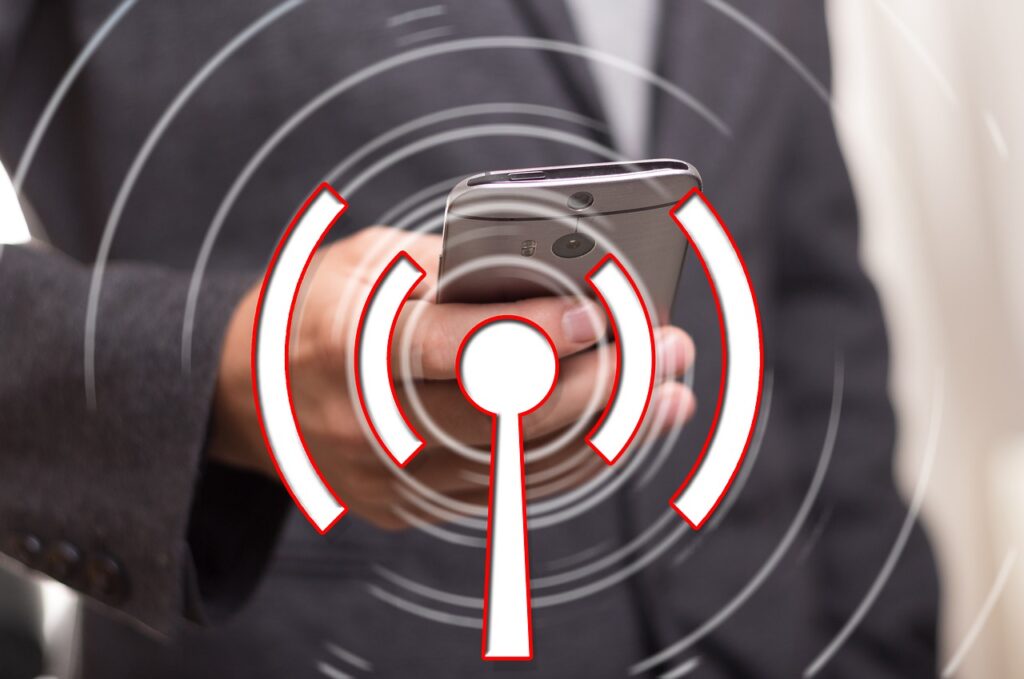Business Wi-Fi is a kind of network technology that permits devices like laptops, and smartphones as well as security cameras, printers, and printers to connect to the internet using the wireless router. The most significant distinctions between business and residential Wi-Fi networks are protections for security, the number of users who can use it, and, perhaps most important the fundamental broadband connection to the internet that allows it to be used.
Business Wi-Fi is crucial for employee productivity as well as satisfaction with customers. With the proper amount of signal strength and bandwidth, employees can disconnect from their computers and efficiently transmit emails, and Livestream videos upload files, and download files at crucial moments. It has great speed and reliability.
In addition, visitors can utilize it while at your office to find out more about your company and its services. We should get Wi-Fi from a good provider who gives us a commercial Wi-Fi setup and solution. Utilize small business Wi-Fi to boost productivity, cut costs and safeguard your data while keeping your customers happy. Discover the advantages of business Wi-Fi and learn how you can put your company up to be successful.
The Benefits of Business Wi-Fi
A basic business Wi-Fi network will likely include lots of the typical equipment, features, and advantages of residential Wi-Fi, such as high speeds, security, and reliability. However, businesses’ Wi-Fi offers better-designed solutions that include numerous access points, as well as professional installations that are tailored to the needs of your particular business. This includes:
- Increased capacity: Supports up to 250 users simultaneously.
- Connections dedicated: Set up guest networks to keep the connection between employees and guests secure, private, and distinct.
- Scalability: Wide coverage of outdoor and indoor connectivity as much as 36,000 sq ft.
- Custom login pages for brand names: Provide customized content to employees or guests when they log in.
- Remote management: Let professional Wi-Fi experts remotely manage the simpler tasks in IT, such as user logins as well as updates to firmware, monitoring of network security, support, and troubleshooting so that you can concentrate on your more urgent business requirements.
The distinction between normal Wi-Fi and commercial Wi-Fi
As the name implies, commercial Wi-Fi is a type of wireless internet that is designed for commercial use. It can be described as transforming your home Wi-Fi to an internet-connected network using the marketing model and is a great tool to promote. In the introduction above to Wi-Fi, it is possible to have an understanding of how the supply and population coverage of commercial Wi-Fi and regular Wi-Fi is different, and the performance of the routers that are corresponding is different.
In general, the wireless router that we have by our family can drive up to 5-8 machines at the same time. That is, the router could be crashing and the malls that we typically visit run a variety of devices simultaneously and do not have any effect. This is called commercial Wi-Fi. It differs from the processing capabilities of the router that is used by standard Wi-Fi.
Furthermore to the differing processing abilities of routers as well as different types of users commercial Wi-Fi needs to take into account the worth and requirements of businesses as well, which means there will be advertisements within commercial Wi-Fi systems and commercial Wi-Fi mostly relies heavily on the cloud server. Furthermore, the cost that commercial Wi-Fi incurs is higher than regular Wi-Fi, so it’s not necessary for families with regular incomes. Commercial Wi-Fi costs us more than a regular Wi-Fi connection and similarly its subscription and charges are also higher compared with that of regular Wi-Fi service.

